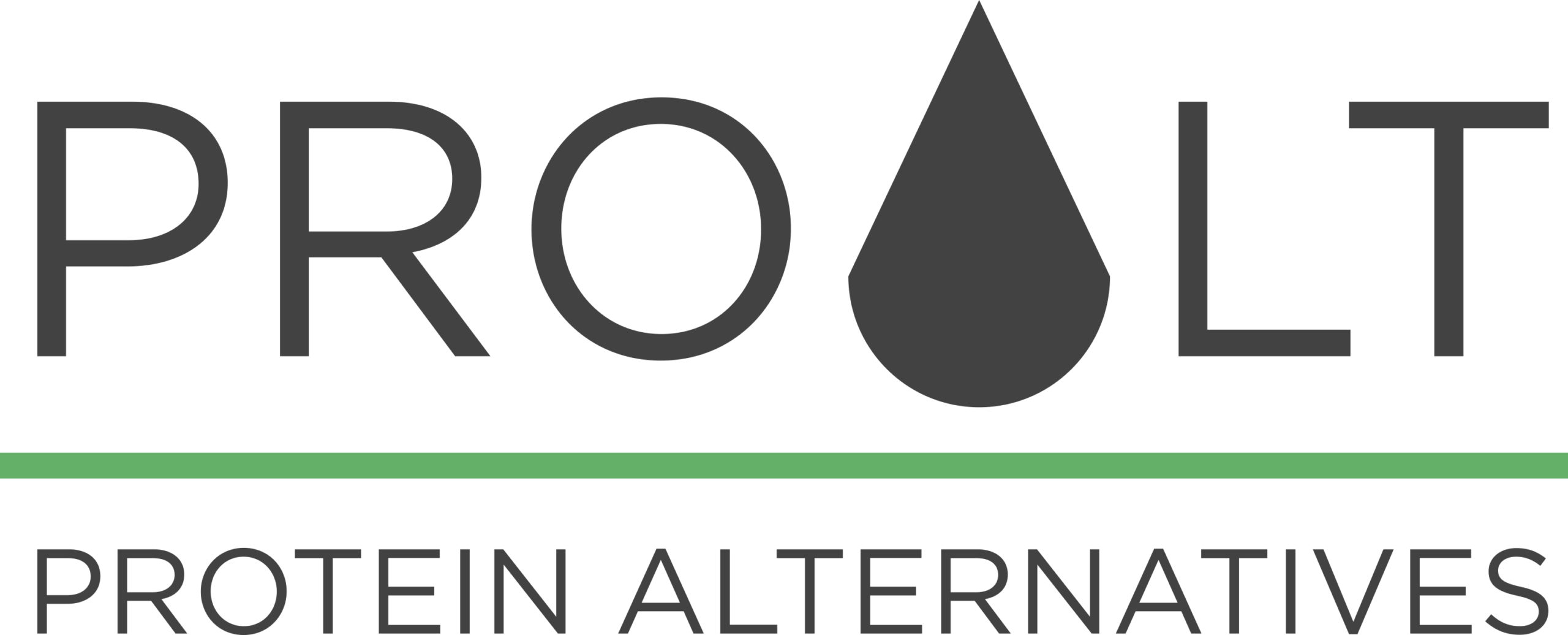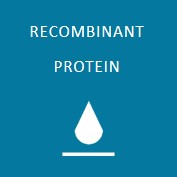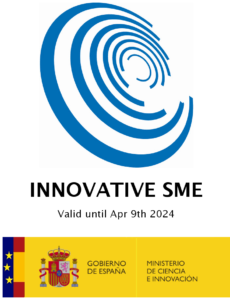Therapeutics
OUR THERAPEUTICS PIPELINE
Target
CDH17 RGD
CDH5 RGD
CDH6 RGD
IL13Ra2
Target to Lead | Lead to Candidate | Humanization | PK/PD/TOX | Clinical Phase |
||
In vitro validation | In vivo POC | In vitro validation | In vivo POC |
|||
ABOUT THE TARGETS
Cadherins (CDHs; named for “calcium-dependent adhesion”) play an important role in cell–cell interaction, cell sorting (clustering promotion) and cell migration processes. The RGD motifs (Arg-Gly-Asp), which are only present in a reduced subset of the CDH family members, have been shown to interact with α2β1 integrin and activate the integrin pathway in metastatic cancer cells. RGD motifs are present in three relevant cadherins, which are expressed in different tissues and associated with different tumours:
CDH17: colorectal cancer
CDH5: breast cancer and melanoma
CDH6: ovary, kidney, thyroid cancer
Overexpression of CDH17 correlates with the presence of metastases and poor survival of colorectal cancer patients. Therapeutic Monoclonal Antibodies developed against the RGD-tripeptide motifs of Cadherins showed to be efficacious in in vitro and in vivo models for the treatment of metastatic colorectal cancer and melanoma.
Interleukin 13 alpha 2 receptor (IL13Rα2) expression in colorectal cancer is associated with late-stage tumors and lower survival of these patients. IL13Rα2 is also overexpressed in a wide variety of human tumor types such as glioblastoma, renal cell carcinoma, pancreatic, melanoma, head and neck, mesothelioma, and ovary. In glioblastoma, IL13Rα2 has been associated with a more aggressive form and a poorer patient prognosis.
Monoclonal antibodies anti-IL13Rα2 showed the ability to effectively compete and inhibit the binding of IL13 ligand to IL13Rα2 receptor.
OUR LEAD CANDIDATE PA-0661
PA-0661, a monoclonal antibody directed against the Cadherin 17-RGD motif (CDH17-RGD), was selected by ProAlt as the first development candidate for the treatment of advanced metastatic Colorectal Cancer (mCRC), concluding the antibody humanization by the end of 2018.
In vitro and in vivo experiments have demonstrated that candidate PA-0661 (murine and humanized versions) significantly inhibits the activation of β1 integrin mediated by the RGD motif of CDH17. As result, cell adhesion, migration and proliferation are repressed, consequently delaying metastasis progression in all treated animals and avoiding metastasis formation in 50% of the treated individuals.
It is a first-in-class therapeutic drug candidate directed against a novel and unique target:
The mode of action (MOA) has been defined
Highly efficacious in a validated in vivo models
Broad IPR protection
Kaplan Meier Survival Analysis
The humanized variant hPA-0661 has been generated in collaboration with the Company Fusion Antibodies (UK).
Current funding Institutions:

Two new follow-on projects with references IDI-20220256 and IDI-20230058 are being funded by the Centro para el Desarrollo Tecnológico e Industrial (CDTI), for the generation of non-regulatory preclinical data for the antibody PA-0661 and for the development of second generation anti-CDH17 monoclonal antibodies, respectively.
OUR CANDIDATE PA-0554
PA-0554, a monoclonal antibody directed against the ligand-receptor binding region of IL13Ra2 for the treatment of metastatic Colorectal Cancer (mCRC).
In vitro and in vivo experiments have demonstrated that candidate PA-0554 inhibits the IL-13/IL13Ra2 signaling pathway, inhibiting cell migration and invasion, protecting animals from metastasis formation and development.
It is a first-in-class therapeutic drug candidate directed against a novel and unique target:
The mode of action (MOA) has been defined
Highly efficacious in a validated in vivo model
IPR protection
Kaplan Meier Survival Analysis
Preclinical complementary data will be generated in the framework of the Research Project named ‘CANCERKINE – Preclinical development of monoclonal antibodies against IL13Ra2 for cancer therapy’.
Project CPP2021-008337 funded by:



